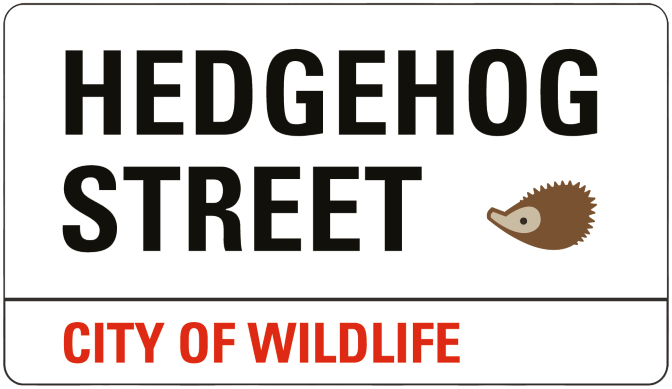Inter breeding, is this possible ???
Home › Forums › Hedgehog signs and sightings › Inter breeding, is this possible ???
- This topic has 1 reply, 2 voices, and was last updated 2 years, 7 months ago by
 Nic.
Nic.
-
AuthorPosts
-
10th April 2022 at 9:55 pm #36446
When it comes to breeding, would hedgehogs know their siblings over other hedgehogs and hopefully not mate with them?
I had two mums each with two hoglets over winter in my garden ( 1 family under the shed and the other in a homemade hog house at the other end of the garden). I’ve spotted 4 hogs in the garden and they now look big and whilst I’ve noticed some eating side by side in one of the feeders I’ve now spotted some huffing and chuffing mating behaviour.
Would they naturally know not to breed with their siblings? I am pretty sure the ones eating together are siblings and mum and the mating behaviour is from other hogs, from the other family or other hogs.
I’d be interested to find out more from others.11th April 2022 at 9:23 pm #36454Hi char2020
The hogs would probably not bother about whether other hogs were their siblings, so inter-breeding could happen. Hogs are very promiscuous and females will mate with more than one male. Father hogs would be unlikely to recognise their young, since once mating has taken place they have nothing to do with raising the youngsters.
What I have found here is that young males tend to move their ranges a while after returning from hibernation. What has tended to happen is that they begin to visit less and less often until they eventually disappear. The dominant male in the area also seems to change after about 2 years. Some females have tended to continue visiting for several years, which seems to indicate that their ranges have remained fairly stable. That sort of behaviour would minimise the chance of interbreeding and other sprecies of animals behave in a similar way.
I have found that given the choice males will favour courtship with a more mature female, although I have seen less dominant males circling quite young hoglets, even though it wouldn’t come to anything as the hoglet was too young.
Having said that, hogs behaviour is changing in some ways, potentially as a result of human behaviour i.e. offering food etc. That may be impacting i.e. whether hogs continue to move away from a place where they know there is a good regular food source, etc. It is also not fully known how behaviour is affected by being overwintered in captivity – particularly as hoglets – and what their relationships to their former ranges is when they return. It is however, considered best that they return to the place that they were found, since they are likely to have a connection with it. If they were let loose elsewhere they would likely to be disoriented (as well as other negative things, such as potentially introducing diseases into areas where they have previously not been, etc.).
-
AuthorPosts
You must be logged in to reply to this topic.

